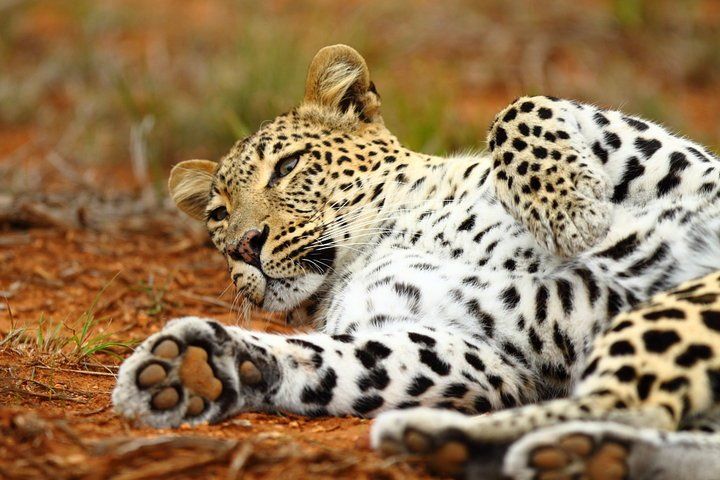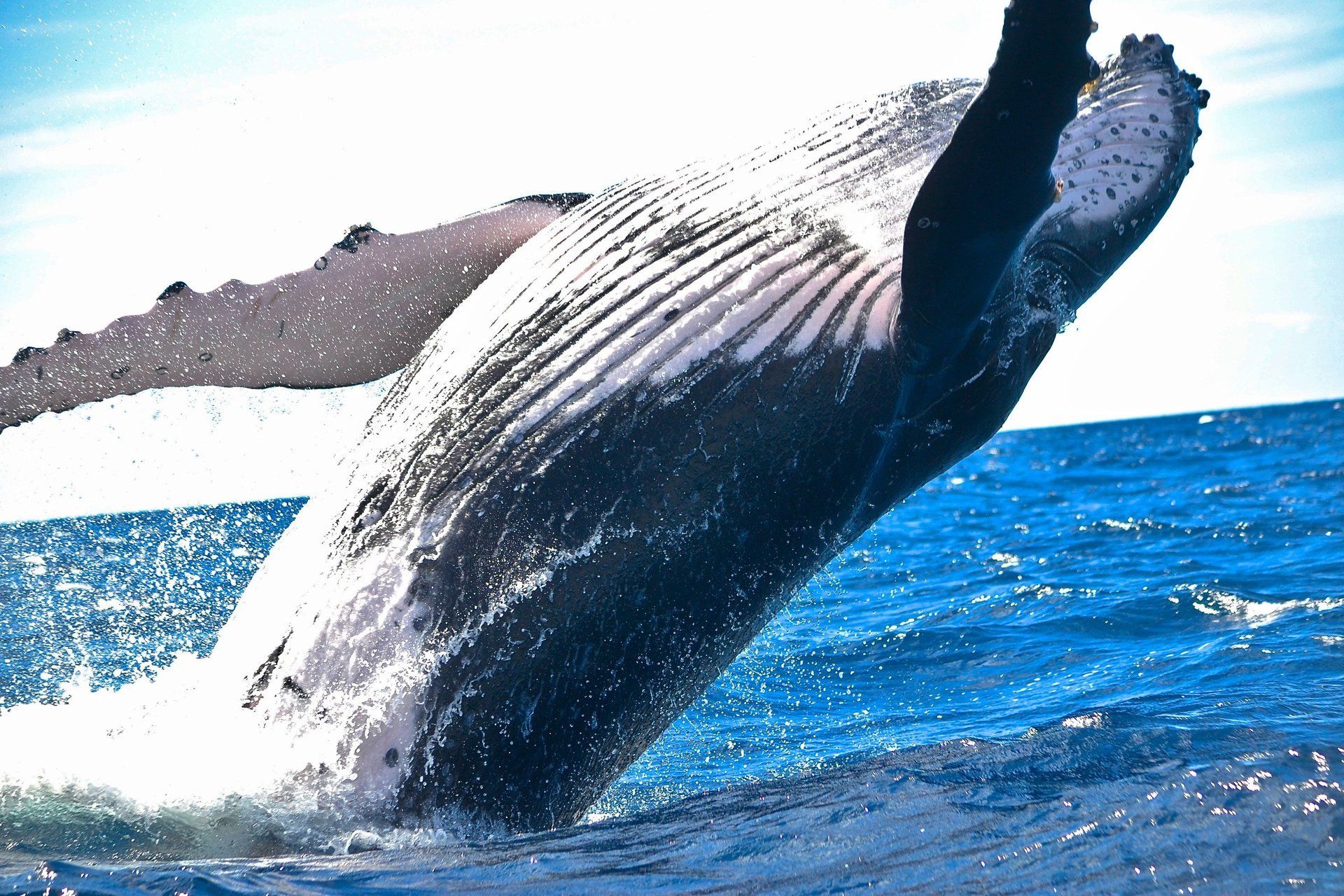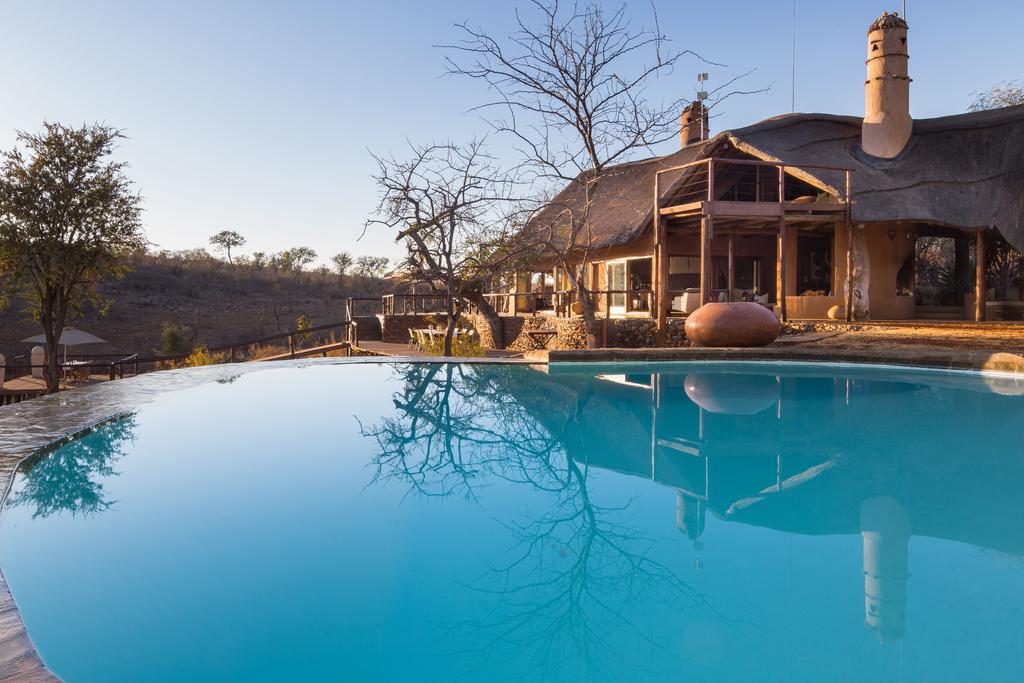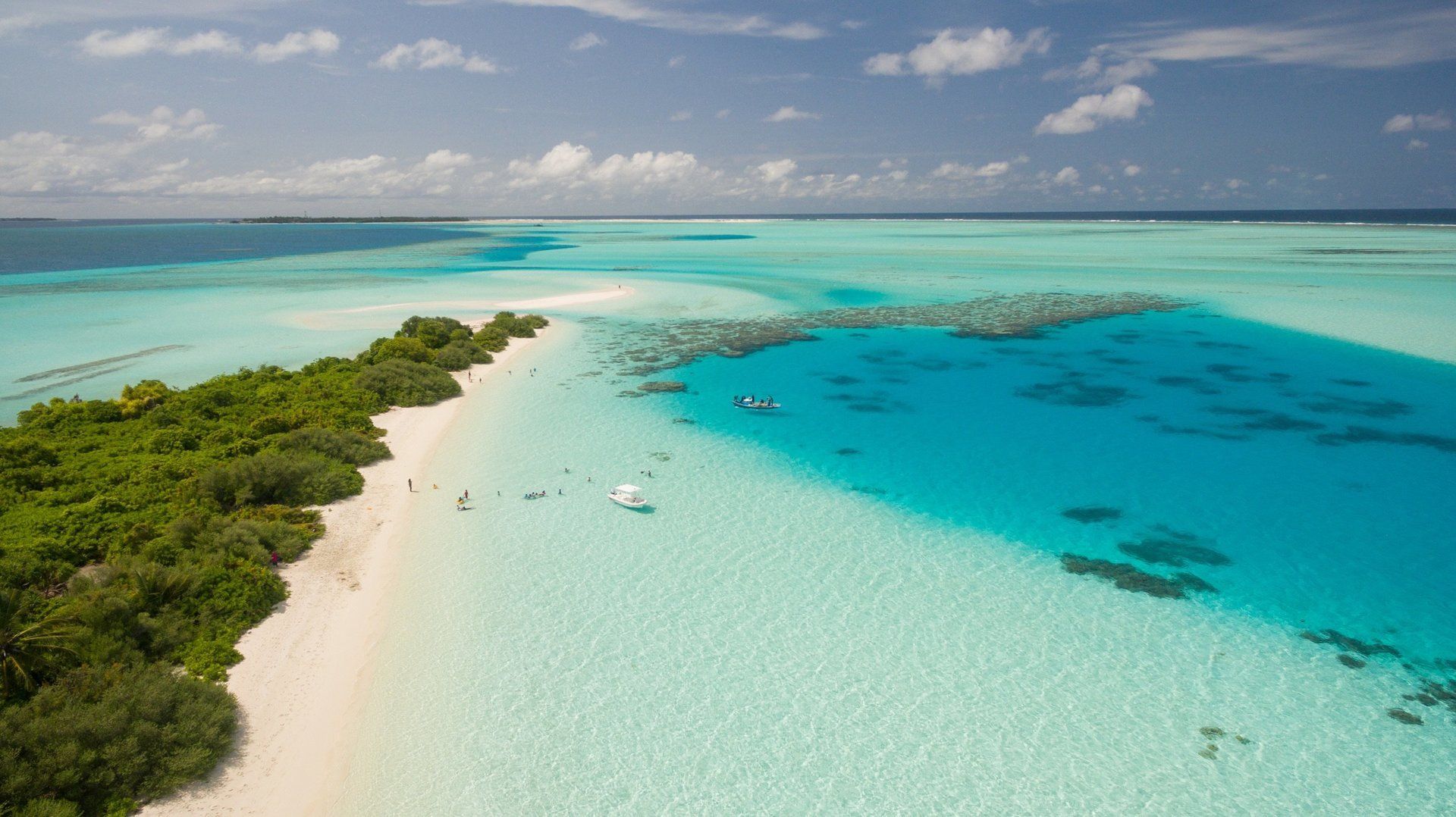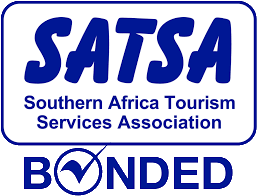UK: 0800 999 4485 Toll Free SA: +27 (0)76 932 5996
USA: +1 310 480 5823
FR: +33 (0) 63 235 5296
Travel Info

- Accommodation
Throughout Southern Africa as well as other destinations in Africa we like to be able to offer our clients accommodation choices so that you are able to decide what best suits you from a location, financial and security point of view. On this basis we offer hotels (both traditional and boutique), guesthouses/lodges, and self-catering villas/apartments.
Hotels
Grades range from 1Star (*) up to 5 Star (*) and within these categories there are quite wide variations so it’s always worth asking us for advice on the differences if you’re unsure. As a general rule you will see that we list from 4* b & b choices upwards on our website. However, as there are literally too many options to mention, it may be that we will suggest somewhere that isn't on our listing, but all of our suggestions will be of a similar tourism grade.
Guest Houses/Lodges
Guesthouse and lodge accommodation are a very affordable option and very impressive. We have personally stayed at many of the places that we recommend and they generally have the amenities of a 4 and 5 star hotel room but with that personal touch. Staying at these places gives you the opportunity to mix with local residents and find out much more about the South African way of life. Quite often they will only comprise of 3 or 4 rooms but some of the lodges may have up to 20 rooms and suites available. All offer breakfast included in the price. They are sometimes situated just outside of the town that they are part of, and this appeals to many of our clients as they find it much more of a relaxing way of spending their vacation time.
Self catering villas/houses
An ideal option if there are several couples traveling together or for medium to large families. These properties have been handpicked by ourselves and all are highly recommended. For the Villas, accommodation is usually on a weekly basis but does provide an excellent base when exploring the specific area you are in. This is particularly so when travelling in Africa's summer season between November and February. Whilst they are generally self-catering, we are able to arrange full time chefs, butlers etc in the larger properties. Self-Catering Apartment options from two people to larger parties are also available, including Cape Town, golf estates and beach locations.
- Best Safari Seasons
Country by Country
South Africa - As a general rule, the weather is good countrywide, year round, however Autumn and Winter months are the best for safaris. The Summer months (Oct – March) can be very warm, so make sure you bring hats, sun-block, swimwear etc …
Namibia - The weather is almost always good countrywide, year round.
Botswana - Dry season is from May to December and wet season from January to April.
Seasonal changes have quite a big influence on safaris in the Okavango – the flooding of the delta will influence the activities and the overall experience. As a rule July to October are the best months for Moremi and Chobe from May to October.
Kenya - The rainfall pattern is important because of its influence on wildlife and the road conditions. Upon the rains coming, many roads become flooded or muddy and are impassable. The rainy season is divided in two periods: the long rains fall between March and June, whereas the short rains take place between October and November. In general, temperatures are higher during the months corresponding to the boreal winter, i.e., January, February and March
Mozambique - Rainy season - November to April. Rainfall does not usually occur every day, and generally takes place in the afternoon with mornings being fairly clear.
Summer - October to March with a high of 34° C and a low of 29° C
Winter - June to October with a high of 22° C and a low of 19° C
There is no "best time" to visit Mozambique as the different seasons all offer completely different experiences! However, you may like to consider the following when planning your trip, and it is advisable to avoid the height of the rainy season around January and February: Our personal preference would be for either May or early November as these times are neither too hot nor too cool. At these times, rain should not be a problem and the heat is not excessive. The coast is always beautiful!
Tanzania - The famous annual migration of wildebeest and zebra heads northwards from the southern Serengeti from November to May before crossing into the Masa Mara of Kenya.
The northern parks of Tarangire, Ngrongoro Crater and Serengeti are best visited during the dry months between June and October. The southern parks of Ruaha, Selous and Katavi are best explored between July and March.
Uganda - It has a warm climate all year around and because it lies on the Equator, seasonal temperature variations are insignificant. The main factor you should consider when planning a trip to Uganda is the rainfall pattern, especially if you should consider when planning a trip to Uganda is the rainfall pattern, especially if you plan on hiking in Ruwenzori Mountains. The wettest months are April, May, October and November. During these months camping isn’t very practical (you’ll be packing up your tent in the rain as often as not), hiking can be an endurance test and some unsurfaced roads may be impassable.
Zambia - Game viewing is best during the dry season from May through to October.
The wet season is best for bird watching but access particularly into the Luangwa is very limited.
Zimbabwe - The best game-viewing season is generally from late May until November. September sees the start of the inbound bird migrations.
TIPS & HINTS
What should I pack?
Before travelling on a safari the most important thing to remember is the weight restrictions on the light aircraft that take you from camp to camp. Due to the small size of aircraft baggage is not permitted to be more than 20 kg’s in weight as well as in soft sided baggage. Failure to comply with this restriction may result in you having to repack your bags. Please do keep in mind all safari camps have excellent laundry facilities, which is generally included in the cost of your safari.
What do I need to wear?
Smart casual safari wear is the order of the day, and we would recommend comfortable and practicable walking shoes. For morning and afternoon excursions we recommend light windproof jackets as during the winter months (May - August), it can get rather cool in the evenings/early mornings. For evening dinners, jacket and ties are not required, and depending on the season a light pullover or cardigan is customary during this time. It is not imperative to wear bush colours (greens / khaki / brown), so do not feel pressured into shopping for an entirely new wardrobe ….
Can you cater for special meal requirements such as vegetarian?
Yes. As long as we are notified at the time of booking, of any special dietary requirements, the lodge will do their best to fulfil.
Will I need to tip the staff?
Gratuities are at the guests' discretion. Generally any currency is accepted. Guidelines are available from camp management.
Travel Safety
Southern Africa is in general a safe destination for international travellers. However, it is wise to take certain standard security precautions while travelling. These precautions should in fact be applied whilst travelling anywhere in the world. Following basic advice can avoid most potential problems. Most safaris take place in remote wildlife areas and game reserves, away from villages, towns and cities. This means that you will most probably not find other people around, except those who look after your every need while on safari! The transfers (by road, air or water) between airports, hotels and lodges are operated by reputable companies or by the properties themselves. This means that you will not be unattended at any time during your safari. A few tips to consider are the following: make photocopies of your passport, airline tickets, driver’s license and other important documentation. Rather leave expensive jewellery at home. When in towns and cities, do not carry large amounts of cash in your pocket. Keep enough for the expenses of the day and place the rest in a safety deposit box at the hotel/lodge. You will find ATM’s at banks, shopping malls, garages etc., and most retail and dining establishments accept card payments. Also, be discreet with an expensive camera, your laptop or jewellery. Be aware of onlookers and keep your possessions in sight at all times to avoid opportunistic theft. Never leave baggage or personal items unattended, especially at airports.
This by far and away the most popular way of getting around in Southern Africa. With driving on the left as in the UK, it's very straight forward for UK clients. For clients from USA & Europe, this will obviously be quite different for you. However, as the roads are well sign posted and not over busy, there shouldn't be a problem. Traffic signs and laws are very similar. Driving under the influence of alcohol is a serious offence and traffic laws are strictly enforced. In South Africa it is compulsory for drivers to carry their drivers license with them at all times. Speeding is an offence punishable by high fines if caught traveling up to 30 Kilometers per hour above the official speed. Above this, a Court appearance will be necessary and then punishment can be a lot worse! The most common way to 'speed trap' someone is either by Radar Gun or with two wires spread across the road – either way you don't see them before it's too late.
- Driving & Car Hire
This by far and away the most popular way of getting around in Southern Africa. With driving on the left as in the UK, it's very straight forward for UK clients. For clients from USA & Europe, this will obviously be quite different for you. However, as the roads are well sign posted and not over busy, there shouldn't be a problem. Traffic signs and laws are very similar. Driving under the influence of alcohol is a serious offence and traffic laws are strictly enforced. In South Africa it is compulsory for drivers to carry their drivers license with them at all times. Speeding is an offence punishable by high fines if caught traveling up to 30 Kilometers per hour above the official speed. Above this, a Court appearance will be necessary and then punishment can be a lot worse! The most common way to 'speed trap' someone is either by Radar Gun or with two wires spread across the road – either way you don't see them before it's too late.
More information
Our local partners in South Africa arrange car hire for you. In most cases it will be Europcar a company that we have used successfully for many years and who provide our client with a top rate service. Grade of car will depend on the size of your party or budget. Bear in mind that if you are taking golf bags with you, you may well have to increase the size of your car grade by one or two levels. Please note that most hire companies require a holding deposit at the commencement of any vehicle hire and is fully refundable on return of your car. A credit card is required for the holding deposit. One-way rental fees are applicable from locations in South Africa. If driving from South Africa into/through Swaziland, Botswana, Namibia or Lesotho then a letter of authority must be obtained from the car hire company. In most other countries hire vehicles cannot be taken across the border into another country and certain restrictions may apply as to where the car can be taken. Within South Africa, your valid photo license from your country of origin is required to complete the hire. For driving in other countries in Southern Africa an International Driving Permit should be obtained local to yourself. Seat belts are compulsory at all times. Petrol is readily available and is in the region of ZAR 14 per litre (averaging out at around £ 0.85 or $ 1.00). However most, if not all, petrol stations do not accept foreign national credit card payments – only cash. However, at all petrol stations you will find a cash ATM. At most places, there will be a petrol pump attendant who will fill your tank as well as cleaning you windscreen – a small tip is appropriate.
- Flights
We are more than happy to arrange flights for you both international and domestic. For the UK and Europe we use a UK based company accredited with ATOL/ABTA and IATA and in the USA our resident consultant arranges flights based on your departure point. They will source flights at the best possible rates and with the most effective transit times where appropriate for domestic African flights. The main carriers that we use on routes to Southern Africa are listed below. Most operate non-stop flights to Johannesburg. From the UK, only British Airways operate a non stop flight from Heathrow or Gatwick to Cape Town. SAA operates a non stop flight from JFK to Johannesburg. Flight times from Europe to Johannesburg average 10¾ hours whilst those to Cape Town average 11.5 hours. From the USA, flight times will depend on departure points and where necessary, transit stops in Europe.
South African Airways
South African Airways operates numerous flights to Southern Africa each day from various European cities as well as a non stop flight from the USA (JFK) to Johannesburg. From the UK, flights are to Johannesburg with hourly links to Cape Town. Within South Africa, SAA has its own internal flights to all major and minor cities. Different cabin classes include: Economy and Business Class. www.flysaa.com
British Airways
British Airways currently operates up to six flights per day to South Africa in summer and three in winter. All are non-stop from London (both Heathrow and Gatwick). Three of the flights are to Johannesburg and three are to Cape Town in summer with one in winter. Within South Africa, British Airways has its own internal flights to other major cities (operated by Comair). Different cabin classes include: World Traveller (Economy), World Traveller Plus (Premium Economy), Club World (Business) and First Class. www.ba.com
Virgin Atlantic Airways
Virgin Atlantic operates one/two flights per day to South Africa in summer and one in winter; all are non-stop from Heathrow. Virgin only flies into Johannesburg. Within South Africa, Virgin Atlantic makes use of various domestic airlines. Different cabin classes include: Economy, Premier Economy and Upper Class (Business). www.virginatlantic.com
KLM Royal Dutch Airlines
KLM operate daily flights from Amsterdam to both Johannesburg and Cape Town. These are day flights leaving mid morning arriving in the evening. They have Economy & Business Class. www.klm.com KLM also makes use of its association with Air France.
Emirates
Emirates operates daily flights to Cape Town, Johannesburg and Durban from Dubai. In turn, there are a number of connecting flights with Emirates from various UK & USA airports. The prices are usually very competitive, but the journey takes in excess of 17 hours with the stopover from Europe. www.emirates.com
Lufthansa
Lufthansa again operates daily flights to and from Southern Africa. They fly from Frankfurt and Munich and there are numerous connecting flights from the UK and USA to South Africa. www.lufthansa.com
Delta Airlines
Delta Airlines is the only USA based airline to operate a direct flight to South Africa. It operates twice daily flights in most instances with some being via Amsterdam as it has a cooperation agreement with KLM. www.delta.com
There are other airlines operating flights to Johannesburg and Cape Town that connect from UK airports. These include Qatar, Etihad, Turkish airlines, Air France, Swiss Airlines, Iberia and Alitalia to name a few.
- Health & Medical
No compulsory health requirements are currently in force if traveling to South Africa. However, if travel is made to Tanzania & Zanzibar then passengers are required to hold valid Yellow Fever certificates. It may be that this is required for Zambia and Victoria Falls and should be checked before travelling. Most Health departments worldwide would recommend that protection against tetanus, polio, hepatitis A and typhoid be taken. We must emphasise that because requirements may change at short notice you are responsible for ensuring that you take advice from your own GP or appropriate medical authority. Please note that the following table below is a general guide and that you must check with your country specific for any changes or additional guidelines. In the UK, please visit www.nhs.uk/livewell/travelhealth/pages/travelhealth.aspx or your Doctor before traveling. Further information on Malaria and its prevention and treatment are available from www.fairlands.co.uk/malaria.htm.For USA clients, please visit www.medjetassist.com should you wish to have additional information. Again, we would like to advise clients that we highly recommend you have adequate travel insurance to cover any medical needs you think you may require.
- Money & Xrates
Most hotels now accept credit cards but always have some cash (UK £ or US $) or local currency available. All but the most remote game lodges/camps now accept credit cards, although it is advisable to have some cash for staff and ranger tips . Visa and MasterCard are generally free of commission charges but some may charge a fee for Amex transactions.
In South Africa in particular there is a good coverage of TM Autobank facilities throughout the country from which you can withdraw cash. ATM access also applies to a lesser extent in Namibia and Botswana. Ensure that you have a PIN number that can be used overseas. Remember that if you are travelling in South Africa garages do not accept Credit Cards for Petrol but cash only. The Rand is the currency of South Africa. Current Exchange Rate for the UK Sterling is between ZAR 17 and ZAR 18*.Current Exchange Rate for the US Dollar is between ZAR 13 and ZAR 14*. Current Exchange Rate for the Euro between ZAR 15.00 and ZAR 16.00*
- Exchange rates above are only an indication – exchanges rates are subject to movement.
- Passport/Visas
For UK and USA clients, a standard 10 year Passport is required for all travel and must be valid for at least six months BEYOND your intended stay. At present,no pre - Visa requirements are necessary in order to get a 90 day Temporary Visa on arrival. You should ensure that you have at least 2 blank pages in your passport for the Entry and Exit VISA stamps. However, we must emphasise that you are responsible for ensuring that all your travel documents are in order. For all other clients, please check in your local country as to what you need in order to travel to South Africa.
We must stress that it is your responsibility to ensure you have the right requirements in order to enter various African countries. For UK clients please visit: www.ukpa.gov.uk For USA clients, please visit www.travel.state.gov/.
- Safety & Security
Although there continues to be media coverage, the political situation throughout southern and east Africa continues to develop in a positive manner and people mix freely. In South Africa, the country most visited by UK & USA citizens, it is becoming increasingly safer for tourism and therefore more popular. The South African government is committed to ensure its visitors have a great vacation so that can recommend visiting it to their friends, family and colleagues.
In major cities it is sensible to take the same precautions that you would in any of the world's urban and metropolitan areas as crimes exists at some level worldwide. Never leave unattended luggage in front of a hotel or in the lobby - deposit your valuables in the hotel's safe deposit box or in your room safe - don't stroll around the lonely streets after dark - don't wear expensive jewellery when out walking - always lock your car doors and keep the windows closed. If you intend to travel off the beaten track then do seek local advice. If you wish to visit a vibrant township community, please make sure you only do so with a local guide. We can recommend.
For UK citizens
The Foreign & Commonwealth Travel Advice Unit may have issued information about your destination. You are advised to check this information on the internet under: http://www.fco.gov.uk If you still are unsure about any aspect of travel in South Africa, then please do ask our opinion as are dealing with local news and tourism on a daily basis and are well placed to give you a local’s outlook.
For USA citizens
US citizens should visit the following website http://www.state.gov/travel/. This will clarify any concerns you have. If you still are unsure about any aspect of travel in South Africa, then please do ask our opinion as are dealing with local news and tourism on a daily basis and are well placed to give you a local’s outlook.
- SATSA Bonded
ABOUT SATSA
In the inbound tourism industry in Southern Africa, SATSA stands for:
CREDIBILITY
INTEGRITY
STABILITY
SATSA is a member-driven, non-profit association representing the private sector and is available to:
- Transport providers
- Tour Operators
- Destination Management Companies
- Accommodation Suppliers
- Tourism Brokers
- Adventure Tourism Providers
- Business Tourism Providers
- Tourism Services providers
SATSA is a member-driven, non-profit association representing the private sector.
SATSA offers the inbound tourism industry unequalled opportunities for networking.
members have to conform to the highest standards in the tourism industry, which are checked annually.
SATSA members are bonded, providing a financial guarantee of deposits held against the involuntary liquidation of a SATSA member.
The SATSA logo is a guarantee to travellers of quality in tourism, and is highly prized.
SATSA has a daily impact on tourism in Southern Africa through its lobbying activities.
Why Use a SATSA Member?
Before being accredited, SATSA members must conform to a strict Code of Conduct, thus guaranteeing the highest standards of service and quality.
SATSA member accreditation is checked annually.
SATSA members are Bonded with third party indemnity, ensuring financial peace of mind.
SATSA members offer a huge range of activities, accommodation and transport to meet all needs.
You can search for a SATSA member on this website to meet your needs and be sure of the highest industry standards for yourself as a traveller, or for your clients
- Transport
From the moment that your adventure begins, we can take care of all your transport requirements. From a pick-up service at home to your airport in the UK or USA, through to being driven around by a hand picked guide throughout your time in Southern Africa. Most people prefer to be adventurous and we arrange car hire for them. This way, you get to see the beautiful scenery at your own pace without any disturbances (see Car Hire section).
Road Transport
Road Transport in Southern Africa is by far and away the most common form of transportation. The region has an excellent road infrastructure and is one of the few countries in the world to drive on the left as in the UK. A valid UK or USA drivers license is a necessity and you should have this on you when driving. Because of the vastness of the region, it may not always be practical to travel by road. For example, Cape Town and Johannesburg are approx. 1000 miles (1500 km) apart and a good run will take you between 15 and 20 hours to complete. On the other hand, a drive from Cape Town up the Garden Route to George or Knysna would normally take 4 hours non-stop, but because of its beautiful scenery, you might well want to take 2 or 3 days for the trip so as to stop of and enjoy the sights and sounds of Africa. There are always certain common sense situations to avoid, and these will be conveyed to all travelers.
Air Transportation
Air Transportation is preferable for long journeys. All the major cities in the region are served by a number of local airlines as well as major international airlines such as South African Airways and British Airways. There are excellent domestic airlines and low cost airlines that link all the major and some not so major cities. There are also a number of small commuter airlines serving minor towns and cities or for example when traveling to Sun City by air.
Rail Transportation
Rail Transportation is not a commonly used method for getting around. However, there are a few exceptions to this when traveling between a few of the major cities. Rovos Rail and the Blue Train provide luxury rail transportation between Cape Town and Pretoria, Pretoria and Victoria Falls, Cape Town and George. These are sleeper journeys i.e. one to three days, but if you have time on your side, this is an ideal way to see the beautiful scenery. In addition, there is the Shongololo Express trains which are like travelling hotels to various parts of Africa and can entail journeys of up to 16 days but with stops along the way to explore the beauty of Africa.
- Travel insurance
We highly recommend that ALL travellers take out Travel Insurance when booking a holiday with Travel Exclusively African. Please make sure that your insurance covers you for every eventuality depending on your travel plans, and if you are travelling with family, then please make sure every family member is insured.
- Weather information
The weather patterns in the four regions of Southern Africa are quite different. Below we have summarized each region but for day to day detailed weather, you can visit www.weathersa.co.za. This will give you up to the minute forecasts as well as historical data. All the regions have weather patterns suitable for all year round adventure travel but as you’re in the Southern Hemisphere the general rule is summer between December and February, autumn is March to May, winter from June to August and spring is from September to November.
Western Cape
Western Cape has a distinct Mediterranean climate with warm, dry summers and mild, moist winters. Near the coast, summer temperatures range from a pleasant low of 15°C to highs of 27°C. Inland temperatures are some 3 to 5 degrees higher, making for gorgeous summer days and nights. Coastal winters see the mercury dropping to a mild 7°C at night – rising to a comfortable 18°C by day. Away from the beach, morning arrives at an invigorating 5°C, with midday temperatures in the region of 22°C. There will be days when the southeaster blows (nicknamed the Cape Doctor) and there will be days when it rains, but frequently between this, the weather is perfect.
Eastern Cape
Eastern Cape is a more temperate climate region. The coastal area lies directly between the subtropical conditions of KwaZulu Natal and the Mediterranean conditions of the Western Cape, while its inland area is bisected by the great escarpment resulting in the southern reaches defined by a series of rivers and corresponding wetland fauna and flora, while the northern areas are those of the altitudinous plains of the Plateau and great Karoo. These topographical differences are what cause the climatic differences and conditions experienced by the towns and cities within these areas. As a general rule the region enjoys a daily average of +/- 7-8 hours of sunshine annually. In winter (from April to August) the temperatures range from 7 to 20ºC. In summer the temperatures range from 16 to 26ºC. On the whole the weather in the Eastern Cape is good to visitors, rarely reaching extremes, except perhaps in the height of the Karoo summer
Kwazulu Natal
Kwazulu Natal is the sub-tropical climate region visitor can look forward to a splendid climate. The largest city, Durban enjoys warmth and sunshine very occasionally mixed with light, steady rainfall. The air can be heavy with humidity and the subtropical latitude of the city brings with it long, hot summers with rainfall, and very mild winters.The region boasts an average of 320 days of sunshine a year. Temperatures range from 16 to 25ºC in winter and from 23 to 33ºC during the summer months. January is generally the hottest month, with an average daily temperature of +/- 32ºC. The warm Mozambique current flowing along the coast means wonderfully warm bathing throughout the year, the water seldom falling below 17ºC even in the middle of winter. With these conditions, it’s no accident that Durban is considered the “holiday city” of KwaZulu Natal.
Northern Provinces
Northern Provinces actually encompasses a number of smaller regions; Mpumalanga in the east, Limpopo in the north, Gauteng in the south and North West itself. The whole region is on average 2000 meters above sea level on a huge plateau.As a general rule the whole area has a delightfully mild climate, neither humid nor too hot for comfort. There are about six weeks of chill in mid-winter (from July to August). Summer, offering warm African sunshine followed by balmy nights, runs from October to March. The seasons are flexible, one running into the next, and summer habitually spills over into spring and autumn. The nights can be chilly particularly in winter. Bring a jacket to wear in the evenings. The rainy season is in summer rather than winter. Rainstorms are often harsh accompanied by much thunder and lightning and occasional hail, but they are brief and followed by warm sunshine. Average daily temperatures in summer are around 25ºC whilst in winter it averages 15ºC.
- Wheelchair Friendly Trips
We can help you plan an exciting trip to South Africa to include wonderful accommodation and safari (location can be dependent on level of disability) for partially disabled travellers.Beverly specialises in these trips and she will be happy to put together an exciting itinerary for partially disabled travellers and their family and friends.
She will also be happy to advise and help where possible with trips for fully disabled travellers.
Please contact: beverly@travelxa.com

